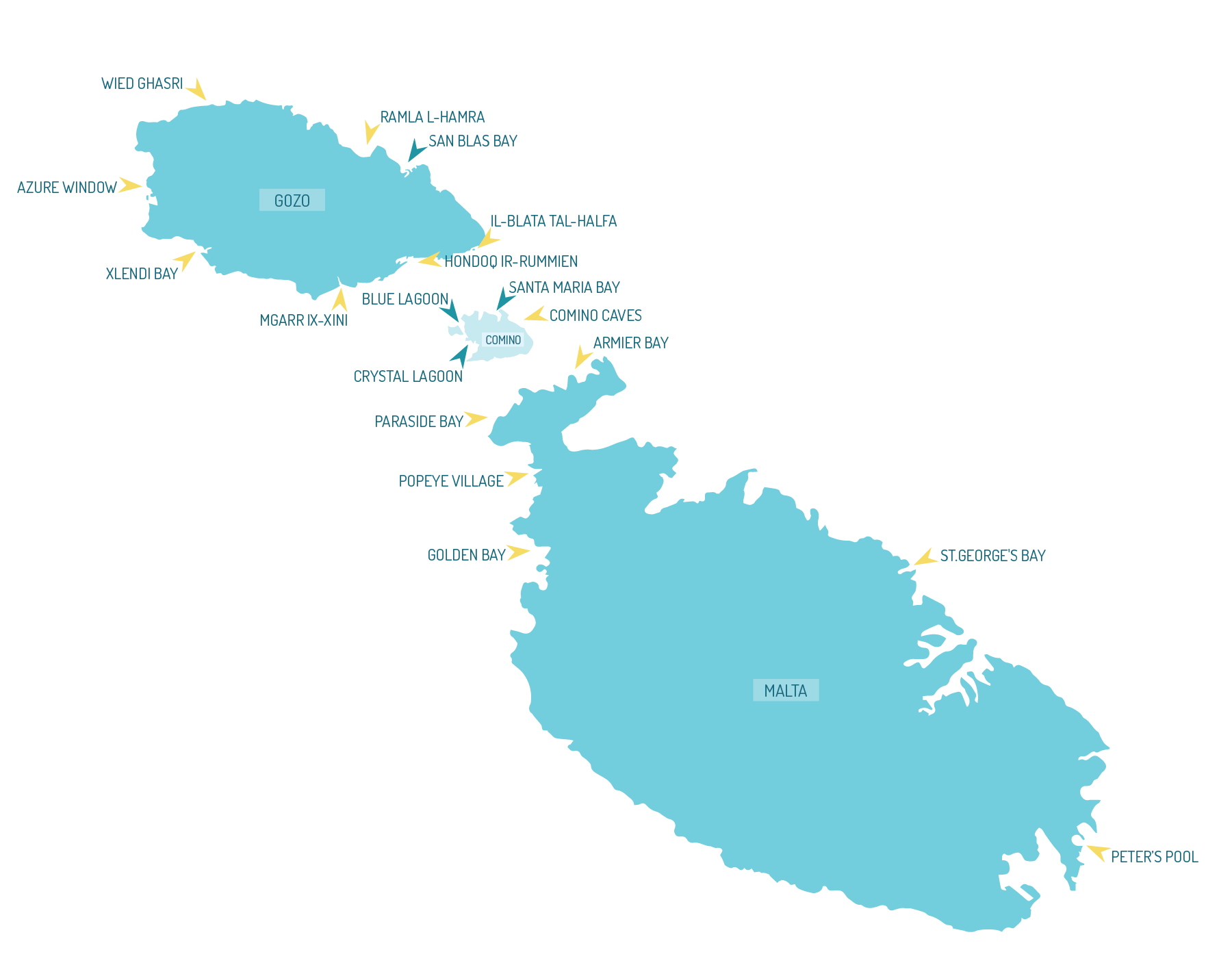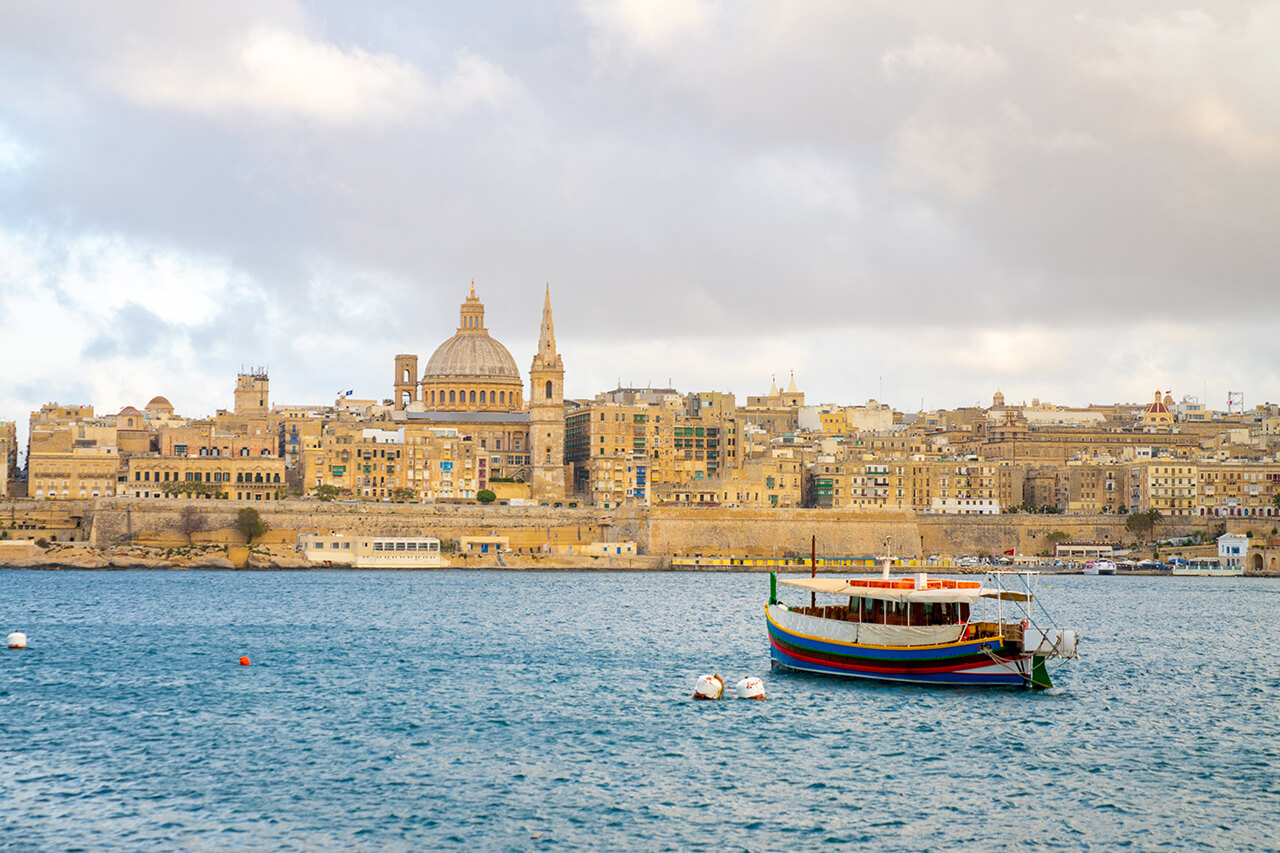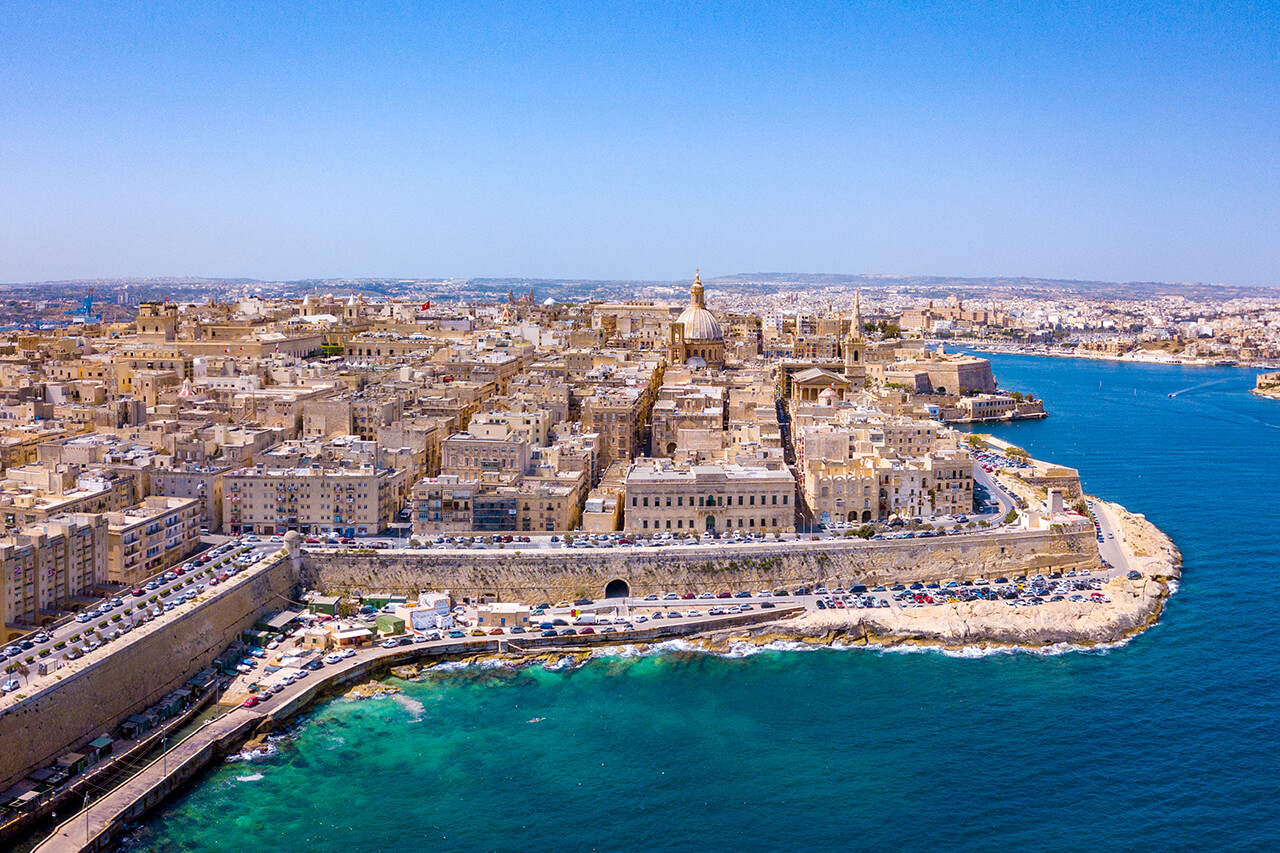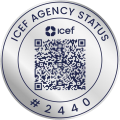Study in Malta
Location and Geography
Malta is an archipelago with three main islands (Malta, Gozo, and Comino), located in the Mediterranean Sea, south of Sicily. Only the three main islands are inhabited. Its total area is 316 square kilometres. The islands consist of mainly low, rocky, flat dissected plains with many coastal cliffs, numerous bays, and good harbours. Valetta is the capital.
Five Quick Points About Malta
Ideal choice for students who want to combine study with tourism and leisure
Typical Mediterranean climate – sunny and warm
Beautiful and diverse architecture stemming from historical influences, including medieval, baroque, and renaissance
Very popular destination for English-language courses
Relatively inexpensive cost of living

Climate
Surrounded by water, Malta has a Mediterranean climate with mild, rainy winters and warm, dry summers. Annual rainfall is low, and generally there’s lots of sunshine.

Economy
Since the mid-1980s, the island has transformed itself into a freight transhipment point, a financial centre, and a tourist destination. With only sparse areas of fertile land, economic benefits from agriculture are limited. Tourism (service sector) provides the major financial boost to the economy. The internationally oriented banking sector has expanded rapidly in recent years. Malta is a full member of the EU. The currency is the Euro.
Living Conditions and Cost of Living
The cost of living in Malta is considerably lower than in many other European countries. The average cost of living per month is around €940 including accommodation €320, food €280, books/stationery €70, and other €270 (transport, entertainment, laundry, telephone). Naturally, the cost per individual will vary according to the type of accommodation and the student’s own personal budget. A range of accommodation ranging from staying with a family to renting/sharing a flat exists for international students.


Education System
There are three levels of education: primary, secondary, and tertiary (including higher and vocational training). The education system is based on the British system. In primary and secondary, students can go to state, private/religious schools, or international schools. More than half of Maltese students progress to higher education.
There is one public university, Malta University (MU), which was established some 400 years ago. It is recognised internationally, and has 11 faculties of learning. MU was also the initial key provider of vocational training. Currently there are over 800 international students at the university. As nearly all courses are taught in English, evidence of English-language proficiency may be required. MU is located in Valletta.
The private sector is made up of providers offering distance and lecture-based business programmes, IT programmes, and tourism-oriented programmes. These providers forge close relationships with Malta’s top companies and organisations which in turn recruit graduates who have received highly specialised training.
Information Specific to International Students
Studying in Malta can be a wonderful combination of education and tourism, given Malta’s long history, convergence of different cultures and traditions, love of the arts, mild climatic conditions, central Mediterranean location, and generally less expensive living costs.
University course tuition fees range from €7,500–€24,000 per year depending on the level and type of course. Students should contact the university for accurate up-to-date information on fees. Further education (vocational training) fees are generally lower than higher education fees. MCAST fees for vocational training depend on the course level. Generally fees range from €4,000–€6,000 per year.
Prospective international students should check with the nearest Maltese embassy or consulate to determine if they need to obtain a visa to enter Malta. After entry and with proof of acceptance into a recognised institution/course of study plus other documents, students must apply for a uniform residence permit. EU regulations apply to students from EU countries wishing to study in Malta.
International students from non-EU countries must take out health coverage. Under Maltese law, these students must also undergo medical health tests within 15 days of arrival in Malta. Only when the relevant authority issues a medical health clearance certificate will acceptance of enrolment be confirmed. Students should also check carefully as to whether they need to meet any conditions required for working in Malta while they study.
More Information
- National Statistics Office of Malta – National Statistics Office of Malta
- Government of Malta
- Portal site of the European Union (EU) – Portal site of the European Union (EU)
- Ministry of Education, Culture, Youth and Sport – Information on Maltese education system structure, Malta Qualifications Council, student services, English as a Foreign Language
- National Commission for Higher Education – Further/higher education institutions
- University of Malta
- Malta College of Arts, Science and Technology (MCAST)
- Online guide to Malta – Information on arts, education, folklore, business and finance
- Official Malta Tourism website – Official Malta Tourism website
- Essential Guide to Malta – Information including accommodation and events calendar
- Malta Council for Culture and the Arts
Study in Malta
Discover Malta’s top universities. Enjoy quality education, beautiful scenery, and a vibrant culture. Apply now and start your adventure!


